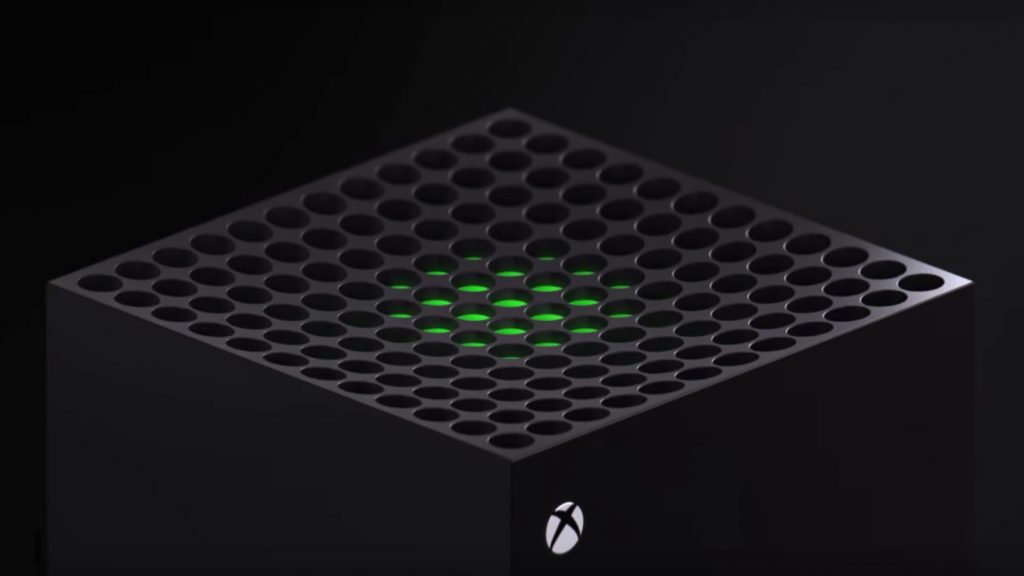I’ve always supported single-player games, but there was a point in my life when I would actively root against multiplayer titles. There was really no good reason why, but in my mind, at that time, I saw multiplayer games as inferior works that just tried to appeal to more “mainstream” gamers. Yeah, I was that kid.
Over time, though, I not only found myself appreciating multiplayer games more and more but playing them more and more. There were times when I would primarily play one multiplayer game for months (or longer) on end instead of bouncing between multiple single-player titles as I used to do. Truth be told, I still do that more often than not. Actually, I get the feeling from personal experience and industry revenue reports that there are potentially millions of people who also do just that.
That’s why Sony and Microsoft will likely rely on single-player games more and more to sell the PS5 and Xbox Series X.
Let’s say you or someone you know primarily plays Fortnite or Apex Legends. They own a console, PC, or even a mobile device that is perfectly capable of playing their favorite game. They may even own several such devices that can achieve that feat.
For those gamers, you’ve got to wonder if there’s really any incentive to buy a new console. Titles like Fortnite aren’t exactly going to benefit from a large leap in technology. It’s still going to look like Fortnite on a PS5 or an Xbox Series X, and even more RAM or an SSD isn’t going to improve its performance all that much. There’s always the allure of the new, but for those who usually play one game and maybe dip into a couple of other titles throughout the year, you’ve really got to wonder whether they feel the urge to spend $400+ dollars for minor upgrades to their preferred experiences.
This is the strange position we find ourselves in during what seems to be the height of the games as a service era. It’s also probably part of the reason why you hear more console manufacturers speak of the death of gaming generations. If games are going to be a service meant to last for years (and those games typically don’t push technological boundaries) then what’s the point of pushing constant console upgrades?
That’s where single-player games come into play.
The basic idea is that Sony and Microsoft will have an easier time selling the PS5 and Xbox Series X if they can simply point to a game and say “You can only play this on our new console.” Microsoft is subverting that idea somewhat due to their position on not offering true Series X exclusives for the first year or so, but even that policy is partially based on their desire to sell Game Pass (and the many single-player titles it offers) regardless of which platform you subscribe to it on.
How is that approach different from what we’ve seen at the start of every other gaming generation? It’s not, but the industry is different. Previous console launch lineups were stealth boosted by the addition of the new Madden, the new Call of Duty, and other yearly installments. PS5 and Xbox Series X will almost certainly feature some of those titles, but yearly installments are starting to be slowly replaced by games as a service titles that launch free updates instead. Besides, as we’ve already noted, this upcoming generation may not feature nearly as notable as a technological leap.
With a single-player game, though, it’s all about the experience. They can certainly benefit from new technology, but it’s more about the idea that these titles offer something that you just can’t get anywhere else. Besides, the PS4 and its army of noteworthy exclusives seemingly helped showcase that even in this service era, the right single-player title can move more units than even optimistic analysts would have thought.
There will come a time when new popular multiplayer titles come out on new consoles and inspire that section of gamers to start making upgrades. Until then, though, you’ve got to think that single-player games may start getting time in the spotlight that they haven’t necessarily enjoyed on a large scale in recent years.





